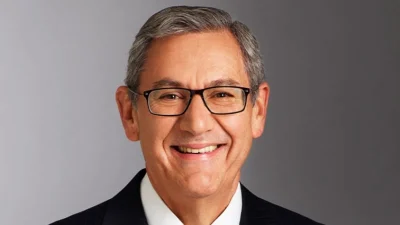Russell’s launches after-tax fund for super investors
Russell Investments has targeted superannuation investors with the launch of a new after-tax fund that promises a more sophisticated approach than tax aware funds already on the market.
The Russell After-Tax Australian Shares Fund (for Superannuation Investors) gives investors exposure to a diversified portfolio of Australian equities using a variety of tax strategies to boost after-tax returns, including consideration of capital gains tax, turnover management, franking credits and off-market share buybacks.
The director of after-tax investment strategies at Russell, Raewyn Williams, said there is a widespread lack of awareness around after-tax investing (ATI), despite the Super System Review (Cooper Review) recognising that tax implications can have a significant impact on investment returns.
She said there were plenty of 'tax aware' products but said the fact that Russell had adopted the after-tax benchmark of the FTSE ASFA Australia 200 Superannuation Index and that it would conduct after-tax reporting made it 'genuine'.
Rather than using a low turnover approach to manage tax implications, Williams said the fund would adopt a "turnover management" approach where trading is more flexible, but only if the cost was justifiable for investors.
The new fund is a distributing fund tailored to maximise returns for those on a 15 per cent tax rate. It was seeded last week with $600 million, and will target superannuation investors of all types - from industry, public sector and corporate funds down to self-managed super funds.
Other features include an emulation strategy to reduce turnover, which involves using the insights of multiple managers to inform a centrally managed portfolio which Russell then implements from its offices in Seattle. Initially, the managers in the fund will be aligned with those in the Russell Australian Share Fund.
Williams said the company had been working on implementing an after-tax fund since her appointment in February last year and, depending on the success of the fund, it will look at launching a range of after-tax funds for different investors.
Recommended for you
The two funds have announced the signing of a non-binding MOU to explore a potential merger.
The board must shift its focus from managing inflation to stimulating the economy with the trimmed mean inflation figure edging closer to the 2.5 per cent target, economists have said.
ASIC chair Joe Longo says superannuation trustees must do more to protect members from misconduct and high-risk schemes.
Super fund mergers are rising, but poor planning during successor fund transfers has left members and employers exposed to serious risks.











